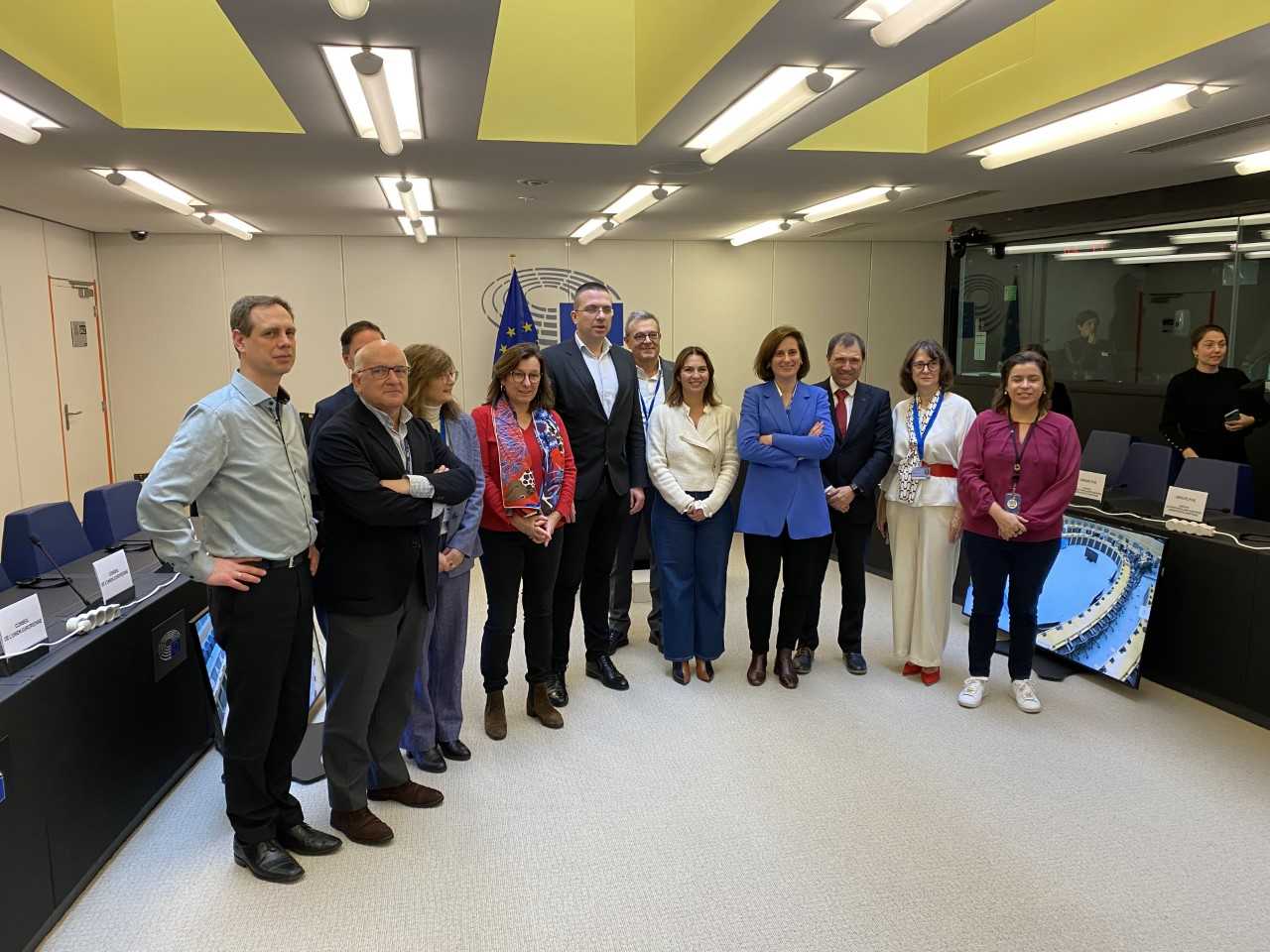LAUNCH OF INTERINSTITUTIONAL NEGOTIATIONS ON THE EUROPEAN HEALTH DATA SPACE

On November 13, the European Parliament approved in plenary its negotiating position on the European Health Data Space. The report, supported by 516 votes in favor, 95 against and 20 abstentions, will allow greater access to the health data of European Union (EU) citizens and facilitate the use of electronic health data for research, innovation, policy development, patient safety, statistics or regulation, all while safeguarding users’ privacy under the protection of the highest European standards,
statistics or regulation, all while safeguarding the privacy of users in accordance with the highest European privacy standards.
Javier Zarzalejos MEP, co-rapporteur of the proposal on behalf of the European People’s Party, welcomed the adoption of the Parliament’s position in plenary, noting that “the new Space will be a major milestone that will make it possible to put data at the service of citizens and science in a secure and reliable way”.
Zarzalejos recalled that “health data are by definition very sensitive and require very careful treatment. It is therefore imperative to improve the use of health data for research, innovation and policy-making, ensuring that access is carried out with guarantees of security and privacy. The approved text meets these requirements.”
One day after the approval in plenary, on December 14, a first trialogue was held in Starsburg in which the Spanish Presidency of the Council, a delegation from the Parliament and the European Commission itself took part. This first meeting served for the Council and the Parliament to present the main elements of the positions adopted in each institution. The mandate to begin work at the technical level was also approved.
The inter-institutional negotiations are scheduled to take place during the first quarter of 2024, with the aim of having the proposal definitively approved before the end of the current legislature. Javier Zarzalejos pointed out the importance of “working intensively to reach an agreement over the next few months with the aim of approving a proposal that will allow citizens to control their own data and improve the use of this data for research and innovation, which represents a qualitative leap in all aspects of health policies”.
